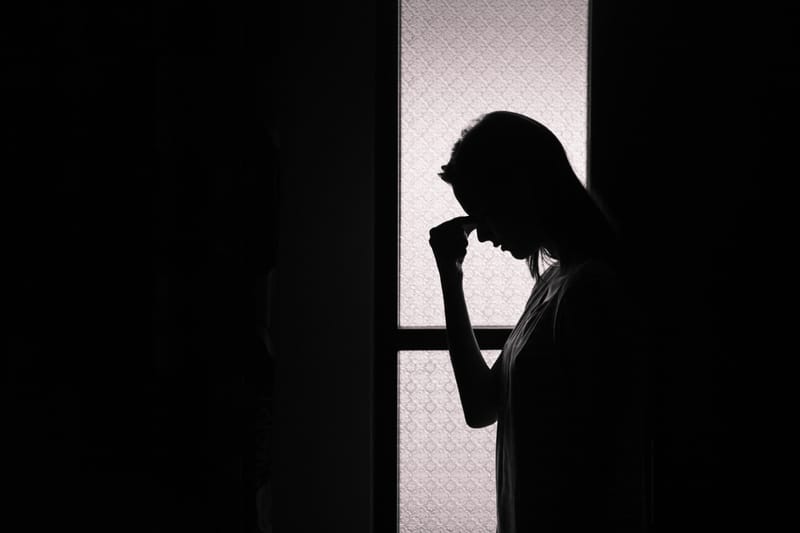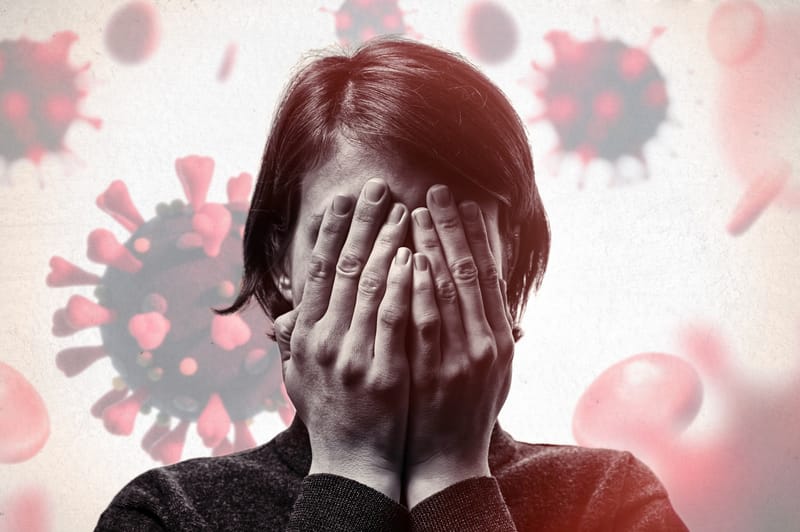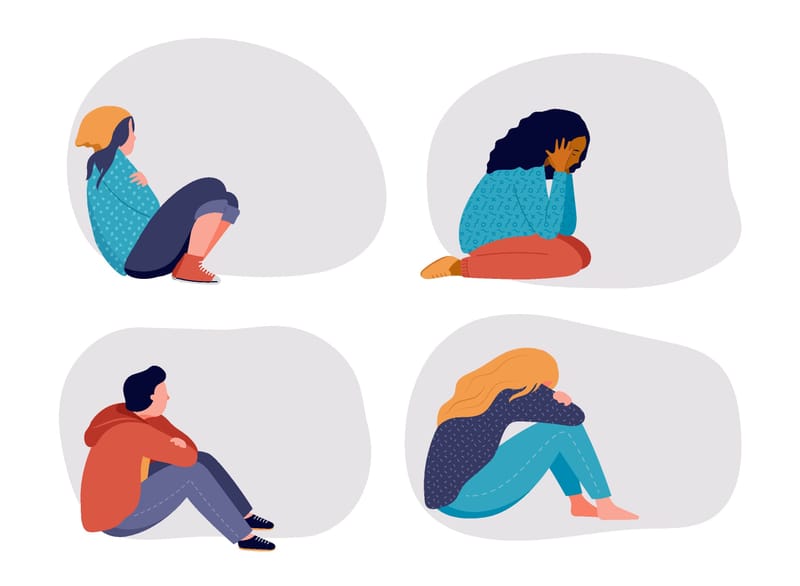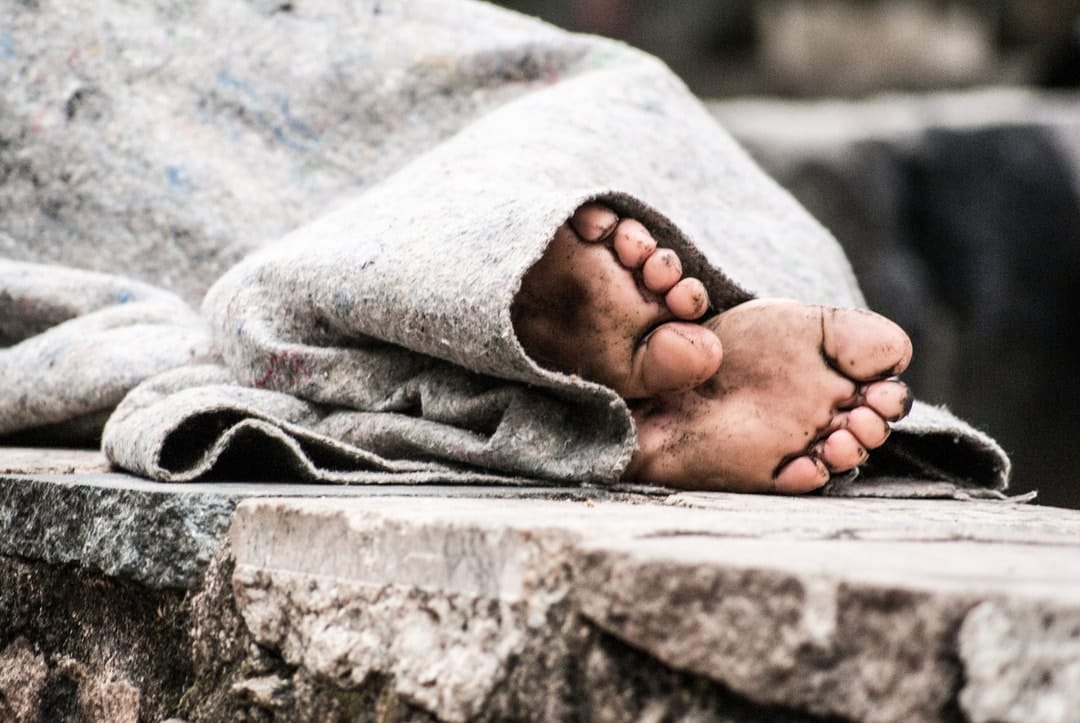
Homelessness and the COVID-19 pandemic are deeply entwined. In Melbourne – the COVID capital of Australia – we've seen not only the homeless, among many vulnerable communities, hit hard from multiple angles. Public housing, aged care, migrant communities and transient workers in industries such as meat processing have all been pinpointed as contagion trigger points. The homeless are stuck in the middle of all this.
Professor Kevin Bell AM, QC, a former Victorian Supreme Court justice, is director of Monash University’s Castan Centre for Human Rights Law. He's a leading voice in human rights in Australia, and globally. To him, the pandemic spotlights homelessness in Australia in full glare, and offers a chance to make good.
In Melbourne, the state government has supported the homeless since March, when it started paying for 2000 people to stay in hotels. The shelter program has been extended until next April. The $150 million funding also includes leasing 1100 properties on the private rental market. Those properties may become permanent homes for people who leave emergency accommodation.
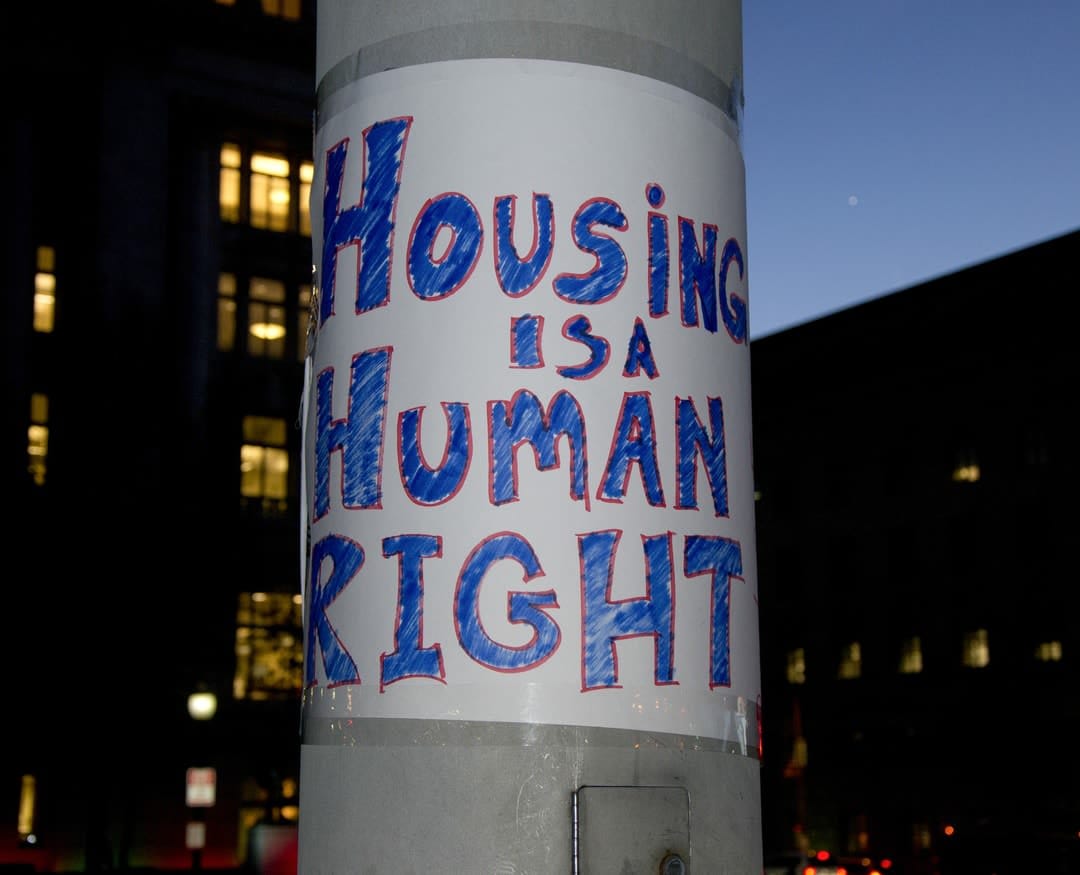
“The human right to equality and non-discrimination requires that homeless people be equally protected, especially because of their greater vulnerability,” Professor Bell writes in a new series of articles for the Castan Centre on COVID, human rights and governance.
“More than that, it requires positive action to ensure substantive equality.”
"Homelessness is not an unsolvable welfare problem for which the homeless are to be stigmatised and blamed – it's a human rights breach for which our governments are responsible and, we now know, they can resolve and must resolve." – Kevin Bell
He says a person under the wide banner of "homeless" may have trouble adhering to public health regulations, and pandemic lockdowns have been linked to more domestic violence, which has fuelled homelessness.
But he says basic human rights have largely been adhered to.
“Rightly, the stay-at-home directives have not been applied to people without a home,” he writes, in the third of his series of pieces, titled "Building back better and ending homelessness".
“It would have been discriminatory to do otherwise.
“Millions of dollars of government funding have been made available to ensure that homeless people have shelter where they can have protection from COVID-19 like most other people. This has been vital for ensuring substantive equality as far as possible. It may have taken a pandemic, but Australia has very few people without a roof over their head in [at time of writing] June 2020.”
"People sleeping rough have been offered shelter, but much more needs to be done, and it needs to be sustained." – Steven Roberts
Dr Steven Roberts is Associate Professor of Sociology at Monash University. He says the pandemic and the current stage four lockdown with nightly curfew is a “profound, multi-faceted, multi-directional problem” in housing policy and homelessness. The biggest issue, he says, is that any measures to help the homeless during the pandemic will only probably be temporary.
“It's sad that it takes the pandemic to raise the prospect of properly tackling homelessness as a policy objective,” he says.
Associate Professor Roberts cites the example of Finland, which currently is the only European country where homelessness is falling after implementing policy 11 years ago to mandate secure housing. It's about political will, he says.
“That will has been shown in this [Melbourne] context, where people sleeping rough have been offered shelter, but much more needs to be done, and it needs to be sustained. It's long been recognised that the best way to end homelessness is quite simple – give people homes. Finland again shows the way here, ensuring that everyone has a permanent home without first requiring they meet certain conditions.”
Professor Bell’s message of fundamental human rights is crucial, he says.
“The starting point here is that housing is an inalienable human right. The next part of making sure all people have a home is a strong and sustained commitment to affordable, social housing. And bound up with all this is the need for a massive public education campaign. For far too long, people experiencing homelessness have been stigmatised.”
Messaging disregards the homeless
Associate Professor Roberts points out that even the core messaging around the pandemic – one of "stay home" – disregards the homeless, because they don’t have a home.
“This form of mass quarantine is not about the health and safety of homeless people, per se, but about controlling the risk of contagion, about protecting the rest of 'us'. That 'them and us' duality is problematic and unwelcome, and without question the social stigma and isolation experienced by those who are homeless will have been amplified.”
The pandemic also drives homelessness through job cuts and rent stress, the voluntary nature of landlord discounts, and the ineffectiveness of JobKeeper to young, transient, casual workers. It also affects foreign citizens and international students.
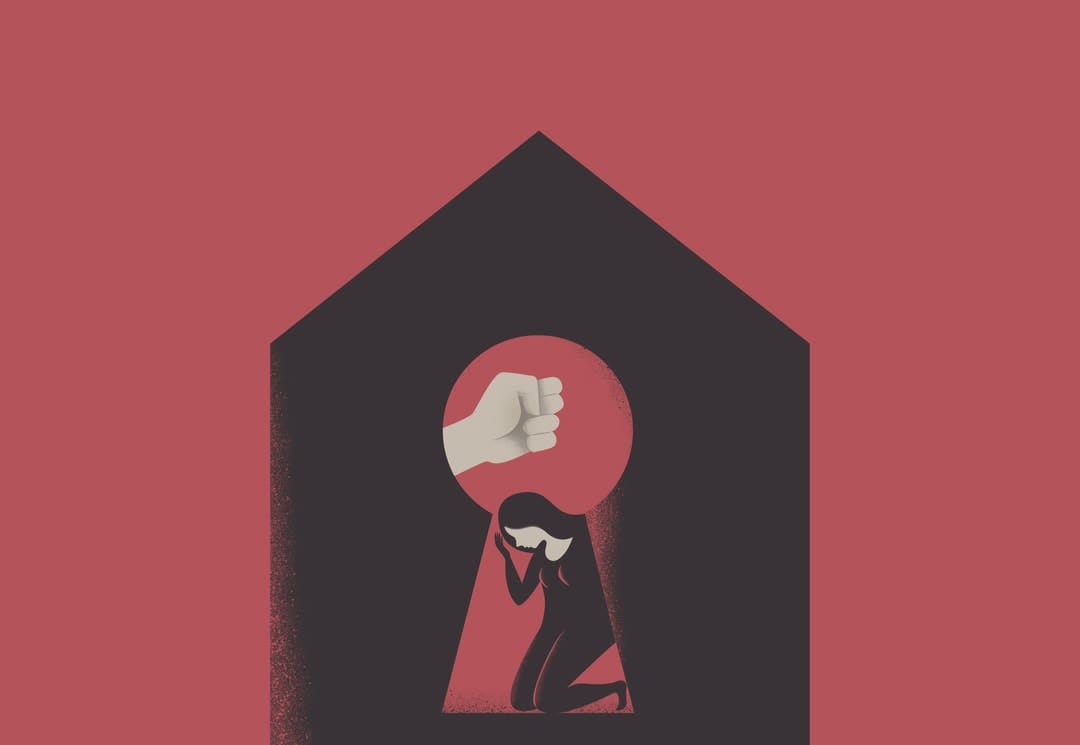
Also, he says, “as we know from the work of colleagues at Monash, the pandemic has increased the risk of men's violence against women in the family home. Such violence is a driver of women's homelessness, so this situation can be amplified, and then paradoxically, the virus might also leave women with no choice but to stay in living arrangements where they are exposed to violence.”
Read more: COVID-19: The bystander role has never been more critical in calling out family violence
Planning beyond COVID-19 hotels
Victoria’s peak body for homelessness, the Council to Homeless Persons, agrees. CEO Jenny Smith said in late July that 2000 people were in hotels, including 220 children and more than 500 women.
“People staying in hotels have been worried about their future, not knowing when or where they could move into a real home. The government will fund leases on rental housing that can be made almost immediately available for more than 1000 households, and is also investing in the support needed to help people make the transition into a home and to stay housed. That is exactly what is needed to end homelessness for those households.”
However, she said the crisis identified the need for permanent housing for people who won’t be able to sustain private rental beyond the period of these rental leases.
Professor Bell writes that governments have – as a by-product of the pandemic – obtained “invaluable” information about the homeless demographic, and about how people became and remain homeless, extending to “how well they have fared in temporary shelter and why; their health, social and other needs; and how they may be transitioned to a real home, and to where. This should be the subject of careful research.”
A Victorian parliamentary Legal and Social Issues Committee is conducting an inquiry into the state of homelessness in Victoria, he writes, which “has received many submissions, and has been conducting impressive hearings which (is) due to report this November”.
“The inquiry will include findings about COVID-19’s impact on homeless persons, and provide a clearer road map for the Victorian government’s response to ending homelessness.”
Exclusion of the homeless, he writes, should not be repeated, because “participation is their right – they have so much to contribute, and we need their help”.
“Then we must address our appalling historical under-investment in social housing, including housing for the homeless, which is a national problem that is especially severe in Victoria."
“Homelessness is not an unsolvable welfare problem for which the homeless are to be stigmatised and blamed – it is a human rights breach for which our governments are responsible and, we now know, they can resolve and must resolve.”



